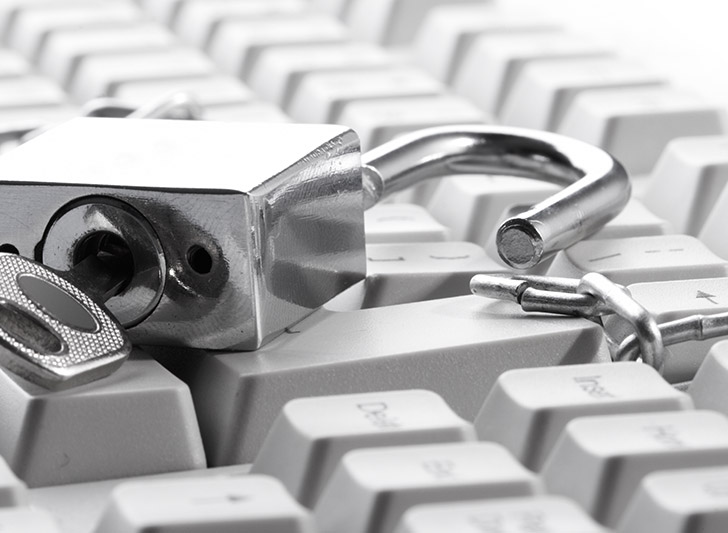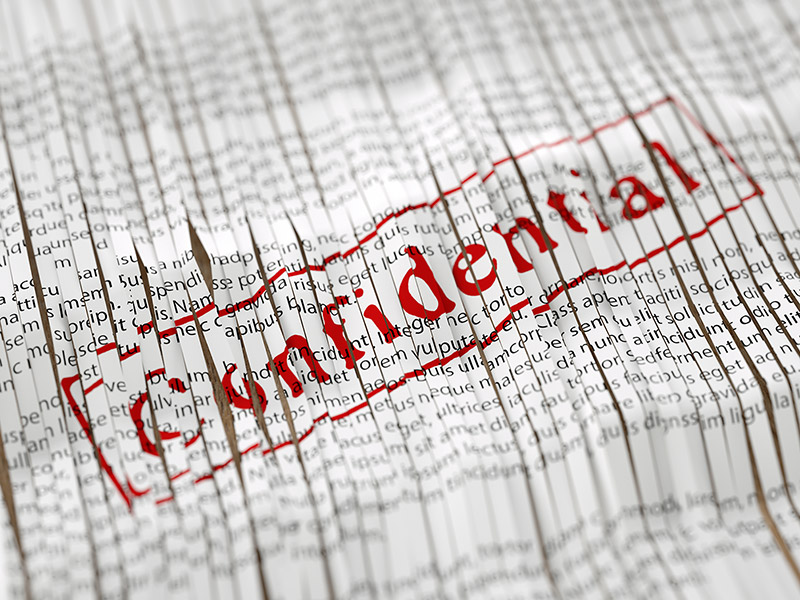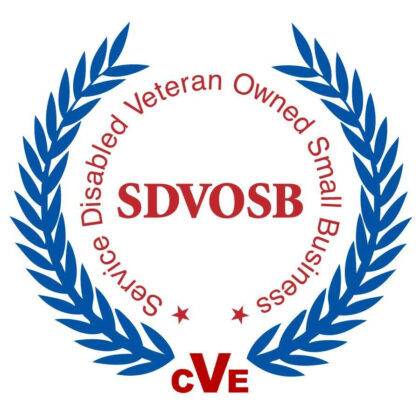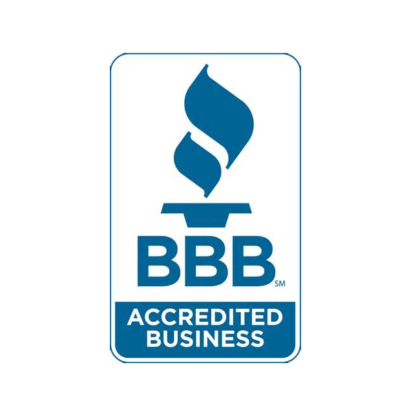What is private information?
Private information is any kind of data or information that is intended to remain private and confidential. It typically includes personally identifiable information such as names, addresses, social security numbers, bank accounts, and credit card information. Private information can also include trade secrets, proprietary business information, and intellectual property. Private information is often protected by privacy laws and regulations to ensure that it is not shared without the consent of the individual or organization. It is important to keep private information secure by using strong passwords, encryption, and other security measures.

Why is it important to protect private information?
In today’s digital world, protecting private information is essential. From financial records to personal emails and social media posts, our data is constantly being collected and stored by companies, governments, and other organizations. This data can be used to track our behavior and preferences, as well as to target us with ads and other content. It can also be misused or sold to third parties without our knowledge or consent. That’s why it’s important to take steps to protect your private information. This includes only providing information to trusted sources, using strong passwords for online accounts, and using a secure virtual private network (VPN) when connecting to the internet. It’s also a good idea to regularly review the privacy policies of the apps and websites you use to understand how they use your data. Taking these steps will help ensure that your personal information is secure and protected.
How can paper shredding help protect private information?
Paper shredding is a simple but effective way to protect your personal information from misuse. By shredding documents before disposal, you can help protect yourself from identity theft and other forms of fraud. When paper documents are shredded, the individual pieces are too small for thieves to put together and steal your information. Shredding can also help protect businesses from data breaches, as it ensures that confidential information is not accessible to unauthorized personnel. In addition, shredding can help businesses comply with data protection regulations such as GDPR, as it ensures that any sensitive information is securely destroyed. Overall, paper shredding is a simple but effective way to ensure that your private information stays secure.

What are some other ways to protect private information?
Protecting private information is an important part of staying safe online. Most people know the basics such as using strong passwords and not sharing private information on social media, but there are many other ways to protect your private information. One way is to use two-factor authentication when logging in to websites and accounts. This requires entering a code sent to your phone or email address in addition to your usual login credentials. Another way is to use a virtual private network (VPN) when connecting to public Wi-Fi networks. VPNs help keep your data secure by encrypting the connection between your device and the network. Additionally, you can use a password manager to help create and store secure passwords for all of your online accounts. When old data drives or hard drives become outdated, it is also important that you have them shredded by a hard drive destruction specialist to ensure that the data it contained will never be recovered. These are just a few of the ways you can keep your private information safe online.
In conclusion, paper shredding is an excellent way to protect private information. By shredding documents, you can ensure that sensitive data isn’t accessed by unauthorized individuals. Paper shredding is also a cost-effective way to protect information, as it requires minimal effort on your part and is relatively inexpensive. What’s more, paper shredding can be done quickly and easily, making it a great choice for busy individuals and organizations. All in all, paper shredding is a secure and reliable way to keep confidential information safe.
Data Destruction FAQ
Shredding old documents that contain personal or confidential information is an important step in protecting your privacy. This is because documents that contain sensitive information, such as your full name, address, or Social Security number, can easily be stolen and used for identity theft. It is also important to remember that paper documents are not the only way this data can be stolen. Even digital copies of documents, such as PDFs or scans, can be accessed and used by criminals. That’s why it’s best to be proactive and shred any documents that contain private information, no matter how old they are. By taking this simple step, you can help protect yourself from identity theft and other forms of fraud.
Yes, private information from old documents such as bank statements, tax returns, and utility bills can be used to steal someone’s identity. Identity thieves can gain access to this information through a variety of means, such as dumpster diving, stealing mail, or sifting through trash. They can then use the information to open new accounts in the victim’s name, obtain credit cards, and even commit tax fraud. It is important to be aware of the potential risks of leaving old documents lying around and to take measures to protect your private information. Shredding documents before disposing of them is one way to ensure that they don’t fall into the wrong hands. It is also important to monitor your credit reports regularly for any suspicious activity. By taking these steps, you can help protect yourself from identity theft.
Private information is any data that is related to a person’s identity or financial situation. Documents containing private information can be found in many different forms, including paper documents, electronic files, and digital records. Examples of documents that may contain private information include birth certificates, medical records, tax returns, driver’s licenses, bank statements, and credit card statements. In addition, some websites may be collecting private data such as email addresses and passwords without the user’s knowledge. It is important to keep an eye out for documents containing private information, as they should be handled with care and stored securely.






